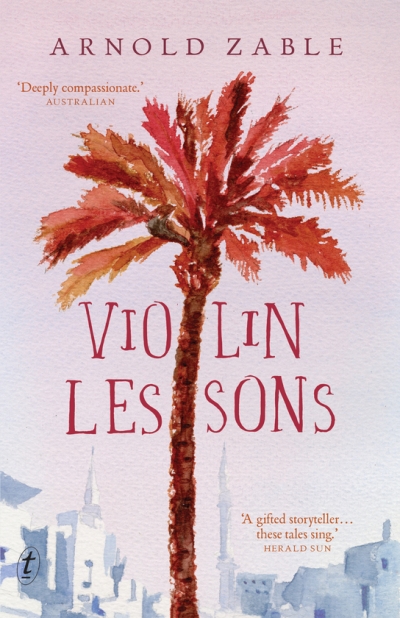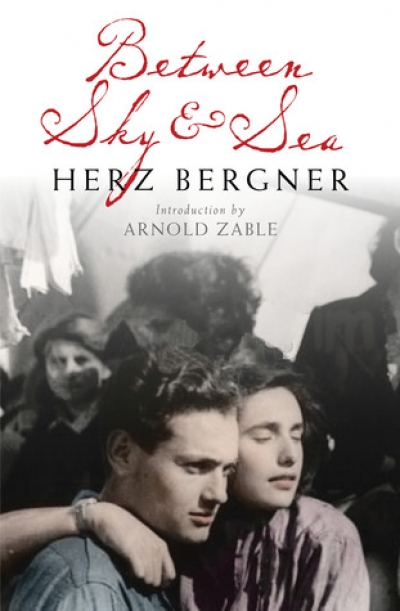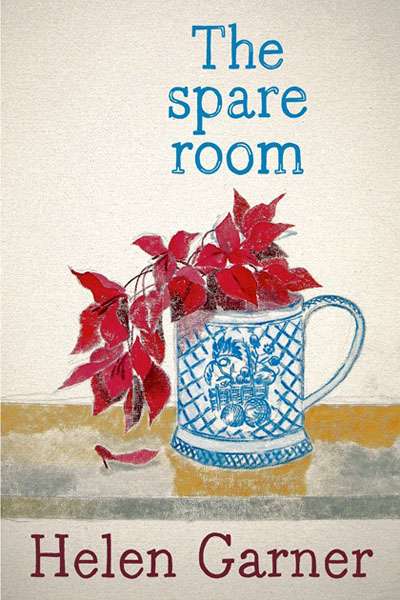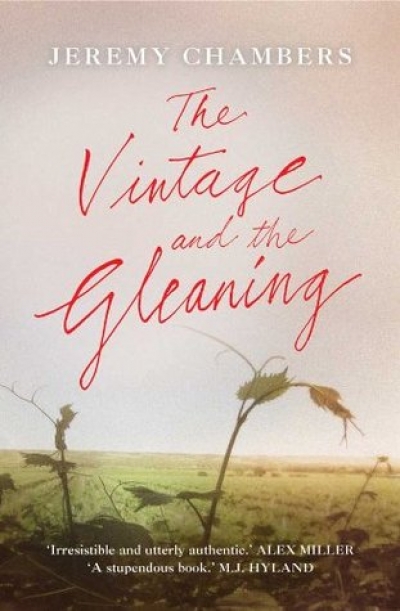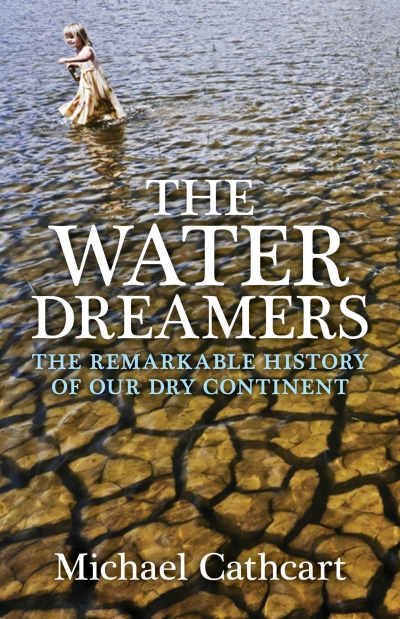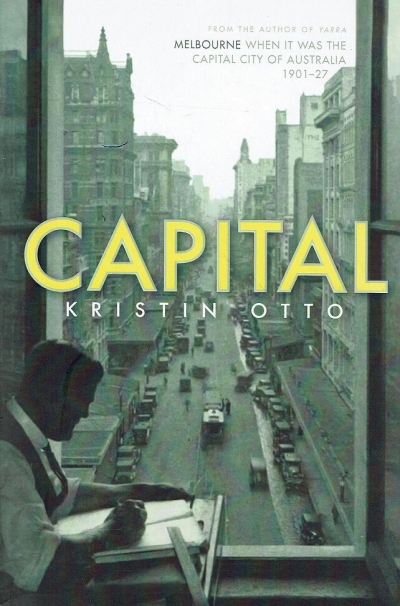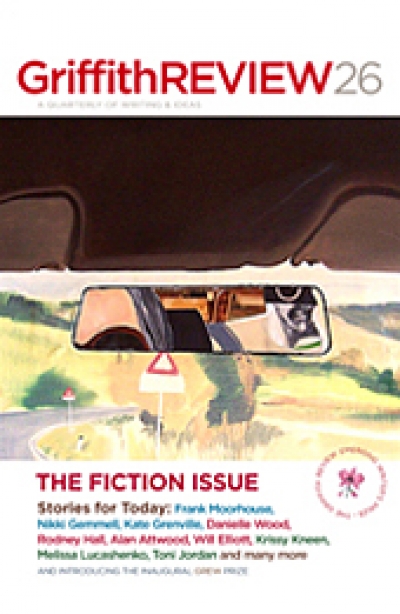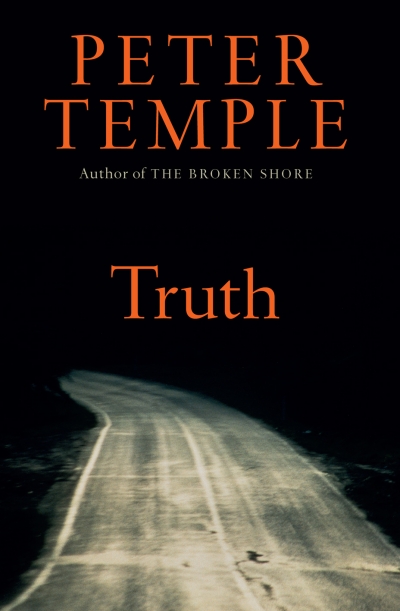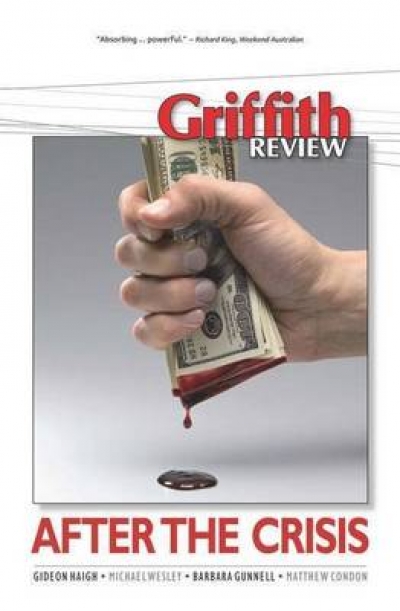Text Publishing
The Water Dreamers: The remarkable history of our dry continent by Michael Cathcart
by Rosaleen Love •
Capital: Melbourne when it was the capital city of Australia 1901–1927 by Kristin Otto
by John Rickard •
Griffith Review 26: The Fiction Issue edited by Julianne Schultz
by Jay Daniel Thompson •
Griffith Review 25: After the crisis edited by Julianne Schultz
by Jay Daniel Thompson •

